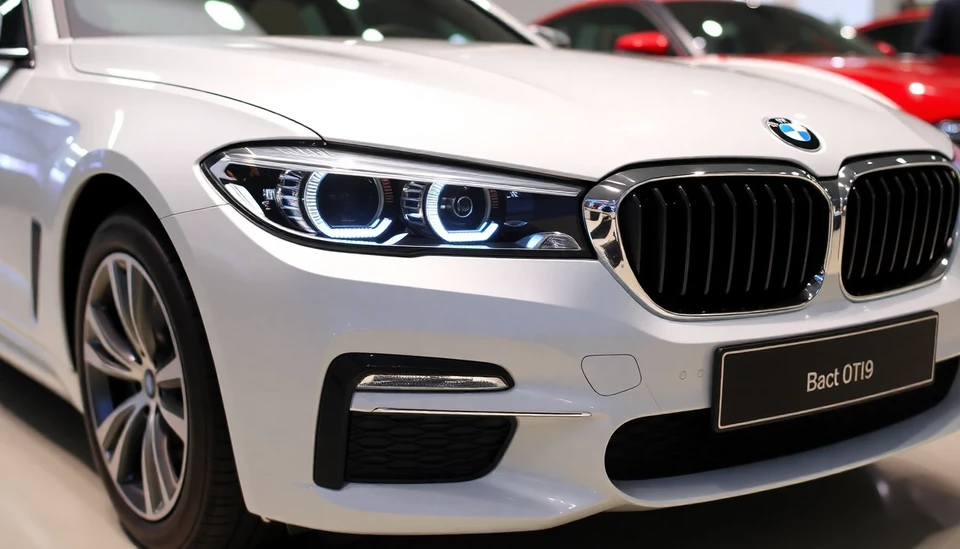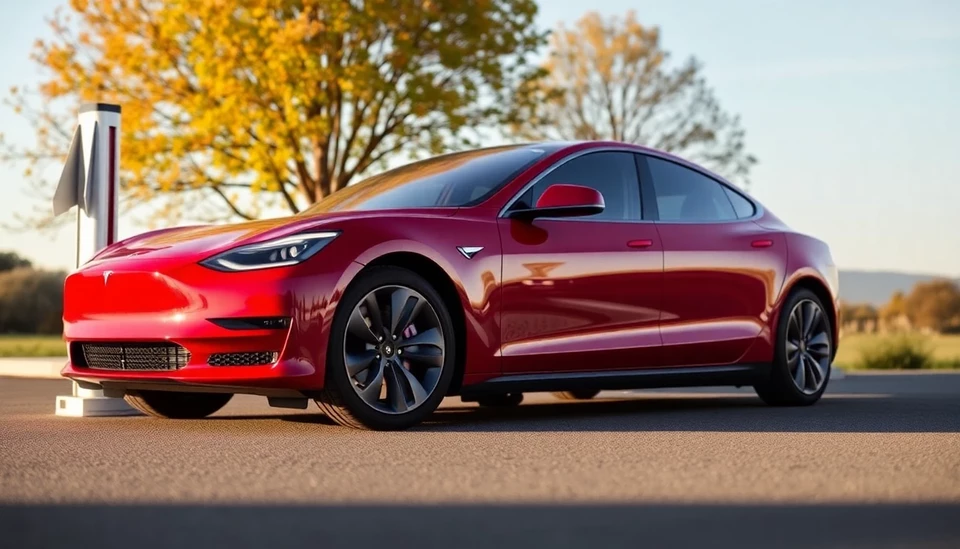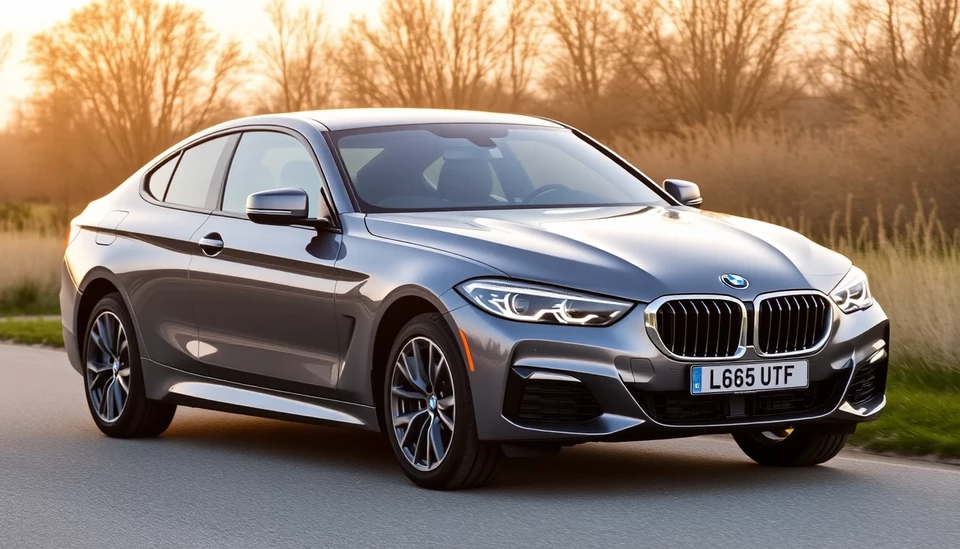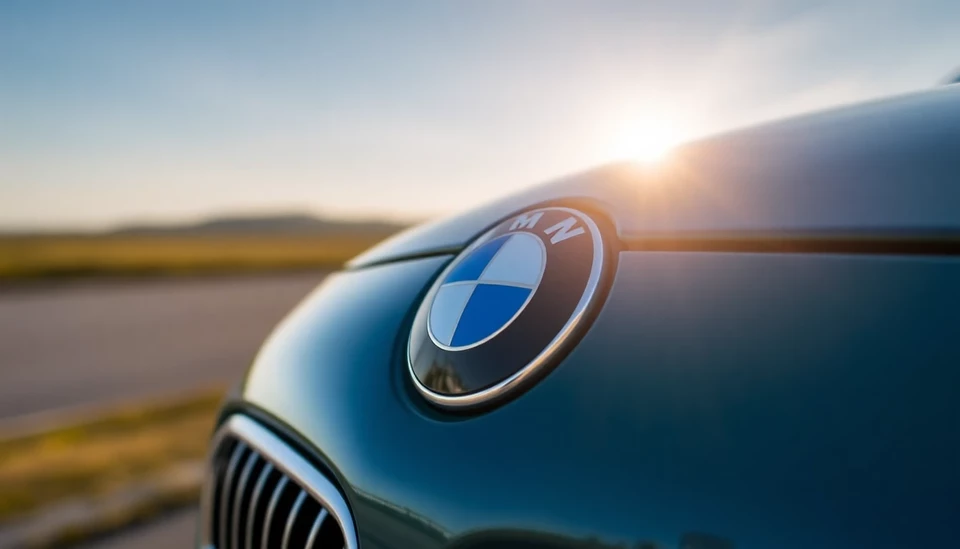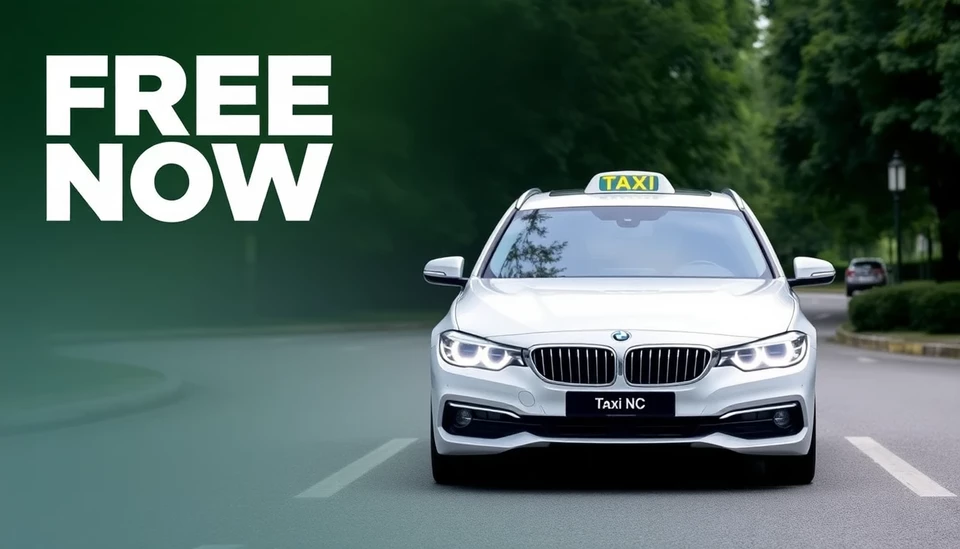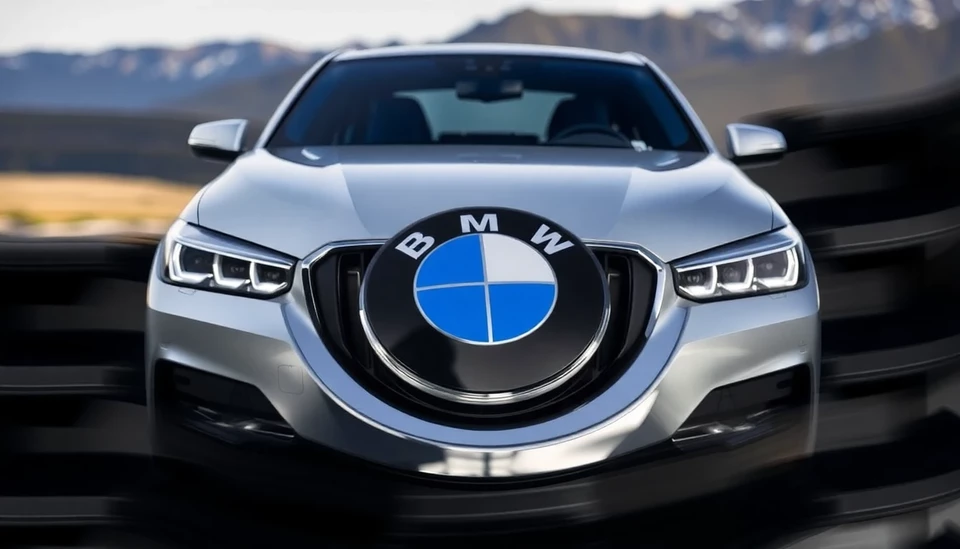
In a bold statement that has sparked considerable debate, BMW's CEO has expressed serious skepticism regarding the European Union's ambitions to phase out combustion engines by 2035. During a recent interview, the CEO highlighted that the envisioned timeline for such a transition is currently “not realistic” given the existing market dynamics and technological constraints facing the automotive industry.
The remarks come as the EU continues to push for stringent CO2 emissions regulations aimed at combating climate change. While the objective of reducing greenhouse gas emissions is widely supported, the BMW executive emphasized the importance of adopting a more pragmatic approach towards the ongoing transition to electric mobility.
According to the CEO, several factors contribute to the challenges of making a complete switch to electric vehicles (EVs) within a set timeframe. One of the most pressing issues is the infrastructure needed to support such a significant transition. The lack of charging stations in many regions, coupled with the overall capacity of the energy grid to handle additional electric demand, poses a significant hurdle. Without adequate support for charging infrastructure, consumers may be reluctant to make the switch to EVs.
Moreover, the CEO articulated concerns about current technology limits. While advancements in battery technology are ongoing, issues such as range anxiety and charging times still present barriers for many potential buyers. He stressed that a robust transition cannot occur merely by imposing bans; instead, it must also focus on developing a viable, consumer-friendly experience with electric vehicles.
Additionally, the CEO pointed out economic ramifications associated with such sweeping policies. The potential job losses in the internal combustion engine sector and the impact on economies reliant on automobile manufacturing and associated supply chains raise significant socio-economic questions. In his view, the EU’s plans risk alienating traditional automotive stakeholders who may struggle to adapt in the current economic climate.
In light of these challenges, BMW is advocating for a more balanced approach between the promotion of EVs and the continued use of combustion engine technology, at least in the interim. The CEO suggested that hybrid solutions should be part of the strategy to reduce emissions while still meeting consumer needs and economic realities.
As BMW and other leading automakers navigate the complexities of the automotive landscape, it remains to be seen how EU policymakers will respond to this corporate skepticism regarding combustion engine bans. The dialogue around sustainable transport solutions is set to continue, and this latest commentary might play a pivotal role in shaping future regulations and automotive strategies.
In conclusion, as the automotive industry evolves, the balance between environmental goals and practical implementation will be crucial. The insights from BMW’s CEO not only highlight the challenges but also invite a reassessment of the timeline for the shift away from combustion engines.
#BMW #EU #CombustionEngines #ElectricVehicles #SustainableTransport #AutomotiveIndustry #ClimateChange #Infrastructure #BatteryTechnology
Author: Samuel Brooks
